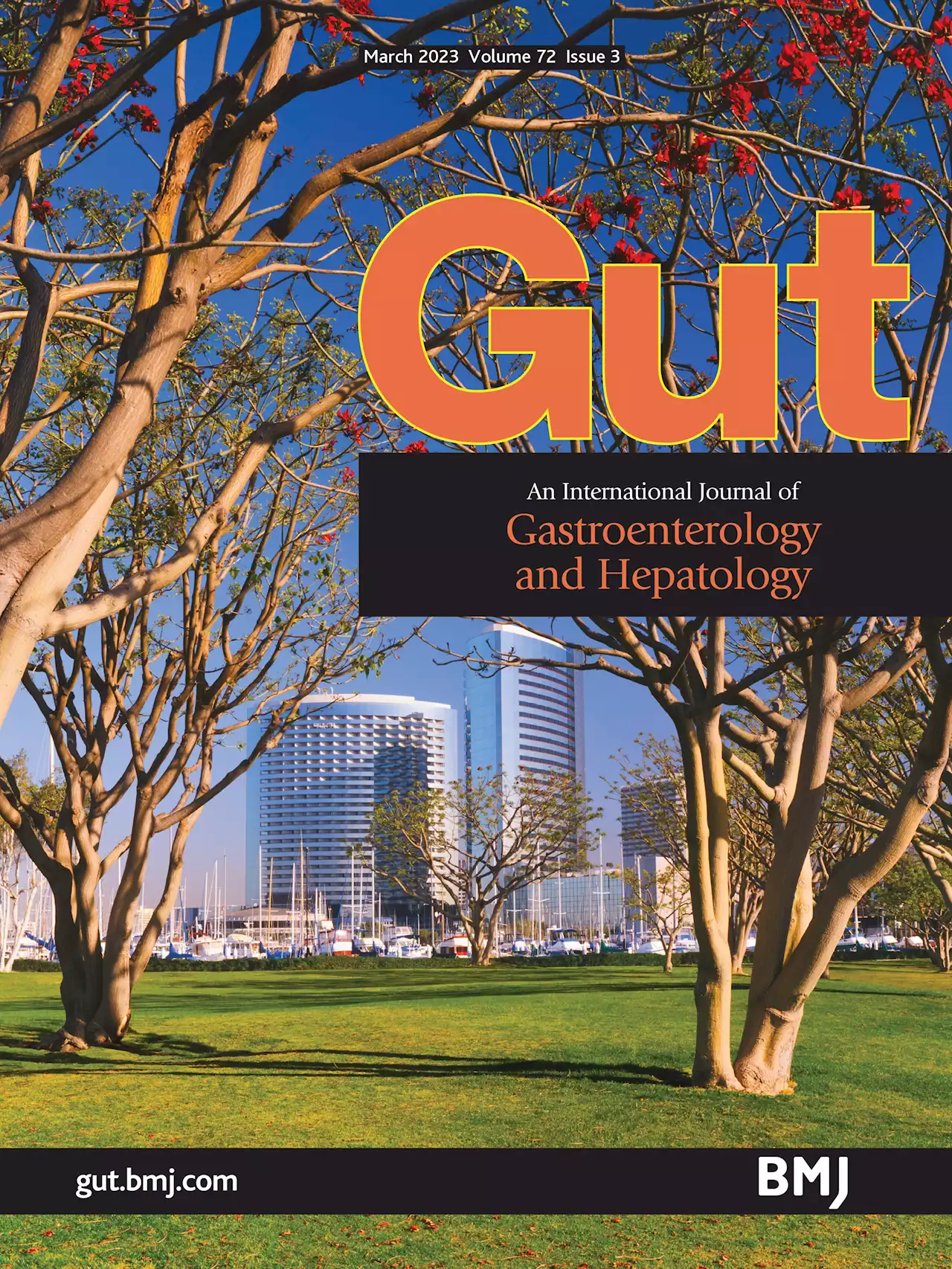Research reveals substantial human cost of international COVID-19travel and border restrictions
Credit: Pixabay/CC0 Public Domain) in Copenhagen, Denmark reveals the high human costs and negative impacts of border restrictions and travel bans during the COVID-19 pandemic on citizens stranded abroad.
"Very little attention has been paid to the unintended consequences of these restrictions on people's lives and well-being," says Dr. Seale."Often the focus is on tourism and holidays, yet many tens of thousands of people were separated from their partners or families for 18 months or more. We hope our findings will help policymakers plan and communicate support packages for this vulnerable population in future public health crises.
"Our findings highlighted gaps, inconsistencies, and potential inequities in support available, and raise issues pertinent to the quality, accessibility, and usability of information," says Dr. Seale.In further research to examine the psychological and financial impact of COVID-19 travel restrictions, the team surveyed more than 2,400 individuals stranded abroad across all six regions globally between July and September 2021 and November and December 2021.
United Kingdom Latest News, United Kingdom Headlines
Similar News:You can also read news stories similar to this one that we have collected from other news sources.
 Lung disease: 'For asthma to take her life was just unbelievable'New research shows stark North-South divide in hospital admissions for lung disease across the UK.
Lung disease: 'For asthma to take her life was just unbelievable'New research shows stark North-South divide in hospital admissions for lung disease across the UK.
Read more »
 Is the minimalist logo trend destroying brands?New research suggests brands are becoming 'blands'.
Is the minimalist logo trend destroying brands?New research suggests brands are becoming 'blands'.
Read more »
 The Ribble Pilot at Preston Docks reopens with new look and new menuThe Ribble Pilot overlooks the Docks The Ribble Pilot pub at Preston Docks has reopened with a new look and new menu following a £130,000 investment. Jo
The Ribble Pilot at Preston Docks reopens with new look and new menuThe Ribble Pilot overlooks the Docks The Ribble Pilot pub at Preston Docks has reopened with a new look and new menu following a £130,000 investment. Jo
Read more »
 Post COVID-19 irritable bowel syndromeObjectives The long-term consequences of COVID-19 infection on the gastrointestinal tract remain unclear. Here, we aimed to evaluate the prevalence of gastrointestinal symptoms and post-COVID-19 disorders of gut–brain interaction after hospitalisation for SARS-CoV-2 infection. Design GI-COVID-19 is a prospective, multicentre, controlled study. Patients with and without COVID-19 diagnosis were evaluated on hospital admission and after 1, 6 and 12 months post hospitalisation. Gastrointestinal symptoms, anxiety and depression were assessed using validated questionnaires. Results The study included 2183 hospitalised patients. The primary analysis included a total of 883 patients (614 patients with COVID-19 and 269 controls) due to the exclusion of patients with pre-existing gastrointestinal symptoms and/or surgery. At enrolment, gastrointestinal symptoms were more frequent among patients with COVID-19 than in the control group (59.3% vs 39.7%, p|0.001). At the 12-month follow-up, constipation and hard stools were significantly more prevalent in controls than in patients with COVID-19 (16% vs 9.6%, p=0.019 and 17.7% vs 10.9%, p=0.011, respectively). Compared with controls, patients with COVID-19 reported higher rates of irritable bowel syndrome (IBS) according to Rome IV criteria: 0.5% versus 3.2%, p=0.045. Factors significantly associated with IBS diagnosis included history of allergies, chronic intake of proton pump inhibitors and presence of dyspnoea. At the 6-month follow-up, the rate of patients with COVID-19 fulfilling the criteria for depression was higher than among controls. Conclusion Compared with controls, hospitalised patients with COVID-19 had fewer problems of constipation and hard stools at 12 months after acute infection. Patients with COVID-19 had significantly higher rates of IBS than controls. Trial registration number [NCT04691895][1]. Data are available upon reasonable request. Data are available on reasonable request. All figures have associated ra
Post COVID-19 irritable bowel syndromeObjectives The long-term consequences of COVID-19 infection on the gastrointestinal tract remain unclear. Here, we aimed to evaluate the prevalence of gastrointestinal symptoms and post-COVID-19 disorders of gut–brain interaction after hospitalisation for SARS-CoV-2 infection. Design GI-COVID-19 is a prospective, multicentre, controlled study. Patients with and without COVID-19 diagnosis were evaluated on hospital admission and after 1, 6 and 12 months post hospitalisation. Gastrointestinal symptoms, anxiety and depression were assessed using validated questionnaires. Results The study included 2183 hospitalised patients. The primary analysis included a total of 883 patients (614 patients with COVID-19 and 269 controls) due to the exclusion of patients with pre-existing gastrointestinal symptoms and/or surgery. At enrolment, gastrointestinal symptoms were more frequent among patients with COVID-19 than in the control group (59.3% vs 39.7%, p|0.001). At the 12-month follow-up, constipation and hard stools were significantly more prevalent in controls than in patients with COVID-19 (16% vs 9.6%, p=0.019 and 17.7% vs 10.9%, p=0.011, respectively). Compared with controls, patients with COVID-19 reported higher rates of irritable bowel syndrome (IBS) according to Rome IV criteria: 0.5% versus 3.2%, p=0.045. Factors significantly associated with IBS diagnosis included history of allergies, chronic intake of proton pump inhibitors and presence of dyspnoea. At the 6-month follow-up, the rate of patients with COVID-19 fulfilling the criteria for depression was higher than among controls. Conclusion Compared with controls, hospitalised patients with COVID-19 had fewer problems of constipation and hard stools at 12 months after acute infection. Patients with COVID-19 had significantly higher rates of IBS than controls. Trial registration number [NCT04691895][1]. Data are available upon reasonable request. Data are available on reasonable request. All figures have associated ra
Read more »
 Xbox’s mobile game store could launch next year | VGCThe company is 'planning for' new legislation allowing new app stores on iOS and Android…
Xbox’s mobile game store could launch next year | VGCThe company is 'planning for' new legislation allowing new app stores on iOS and Android…
Read more »
